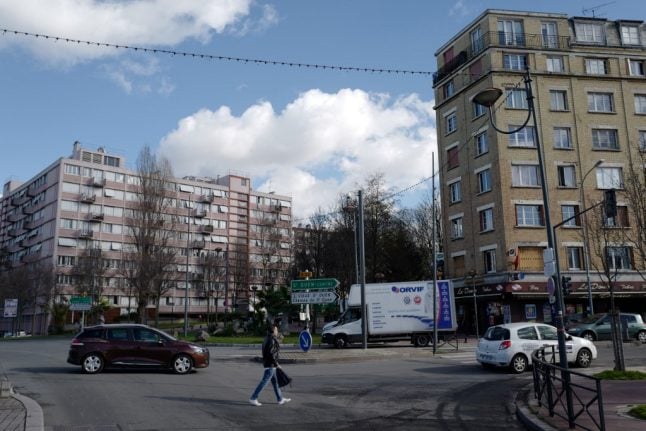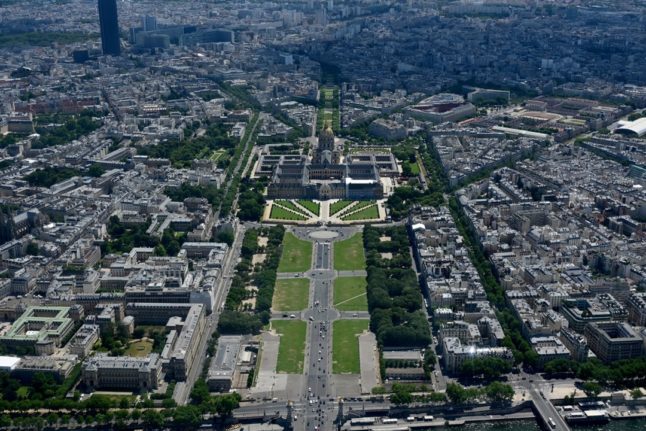 A view of the model of the Olympic Athletes Village (in brown, near the Seine and the ring-road) of the Paris 2024 Olympic Games. Photo: AFP
A view of the model of the Olympic Athletes Village (in brown, near the Seine and the ring-road) of the Paris 2024 Olympic Games. Photo: AFP  People work in a community garden in Saint-Ouen, northern suburbs of Paris, on February 12, 2018. Photo: AFP
People work in a community garden in Saint-Ouen, northern suburbs of Paris, on February 12, 2018. Photo: AFP An image of the building site of the Olympic village on August 2, 2017. Photo: AFP
An image of the building site of the Olympic village on August 2, 2017. Photo: AFP


 Please whitelist us to continue reading.
Please whitelist us to continue reading.
All wrong. People and businesses having to move for sport. The same happened in London. What a crazy society it is now.